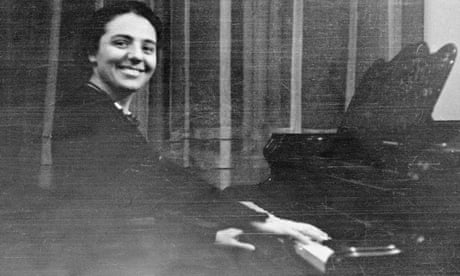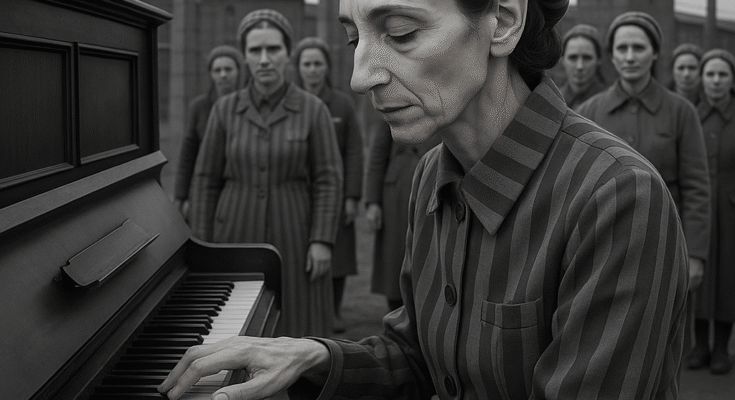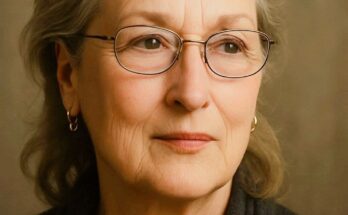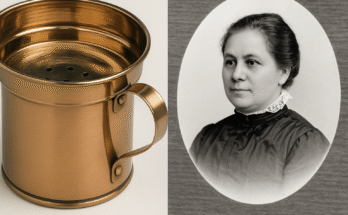“”Alice Herz-Sommer’s life stands as an extraordinary testament to the resilience of the human spirit and the profound power of music to sustain hope, even in the face of unimaginable horror. Born in Prague in 1903, Alice displayed a remarkable gift for classical piano from a young age. Her talent would not only shape the course of her life but also become a source of strength and survival during one of history’s darkest chapters.

In 1943, at the age of 39—not 18, as sometimes mistakenly reported—Alice, along with her young son and family, was deported to Theresienstadt, a Nazi-operated ghetto and transit camp. Unlike Auschwitz, Theresienstadt functioned as a propaganda tool, showcasing the so-called “humane” treatment of Jewish prisoners. Despite the grim surroundings, Alice became a key figure in the camp’s cultural life, performing over 100 concerts for her fellow prisoners. These performances, though overseen by Nazi officials for propaganda, served as much-needed emotional sanctuaries, moments where music transcended suffering.
Amidst despair and dehumanization, Alice’s music provided a glimpse of beauty and dignity. Her piano became a symbol of resistance and survival—an act of defiance in a world determined to strip away all traces of humanity. “I felt that this is the only way to survive,” she later reflected. “Music is God.” Through each note she played, Alice breathed life into those around her, offering solace and reminding them of a world beyond the barbed wire.

When liberation came in 1945, Alice and her son emerged from Theresienstadt with music still pulsing through their souls. She moved to Israel, where she continued her passion for teaching at the Jerusalem Academy of Music. Her love for music and belief in its transformative power only grew stronger with time. Eventually, she settled in London, where she continued to teach and inspire generations of musicians well into her later years.
Alice’s remarkable story gained international recognition through the Oscar-winning documentary The Lady in Number 6: Music Saved My Life. The film captured her unyielding optimism and deep love for life, even after enduring unimaginable loss and suffering. Astonishingly, Alice continued to play piano daily and live independently well past the age of 100, a testament to her indomitable spirit.
In 2014, Alice Herz-Sommer passed away at the age of 110, recognized as the world’s oldest Holocaust survivor. Her legacy endures as a symbol of resilience, hope, and the life-affirming power of art. Through her music, she transcended the darkest moments of human history, proving that beauty and spirit can survive even in the most brutal conditions.
Alice’s life serves as a profound reminder of the strength that art and kindness can inspire. Her words resonate as powerfully as her music: “I never hate. Hatred brings only hatred.” In her unwavering belief in beauty and goodness, Alice Herz-Sommer left behind not just a story of survival, but one of triumph over darkness.””



